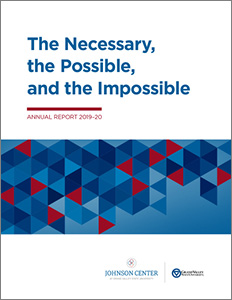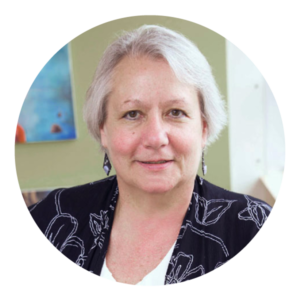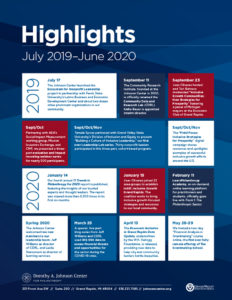Skip Navigation


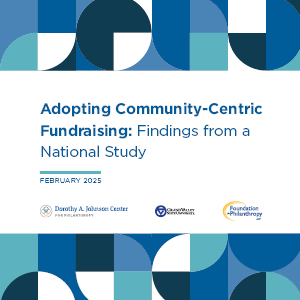





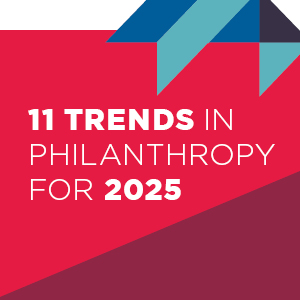

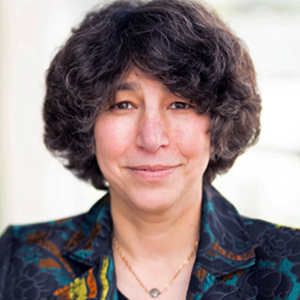



Explore our original research and projects in development.

New Report

Information and insights to help you pursue your mission.

Explore Community Insight

Professional learning programs grounded in core competencies.

Courses for Grantmakers

Resources and tools to help make data and knowledge more accessible.

2025 TRENDS REPORT

We envision a world with smart, adaptive, and effective philanthropy to help build strong, inclusive communities.

MEET DR. LESLEY SLAVITT








